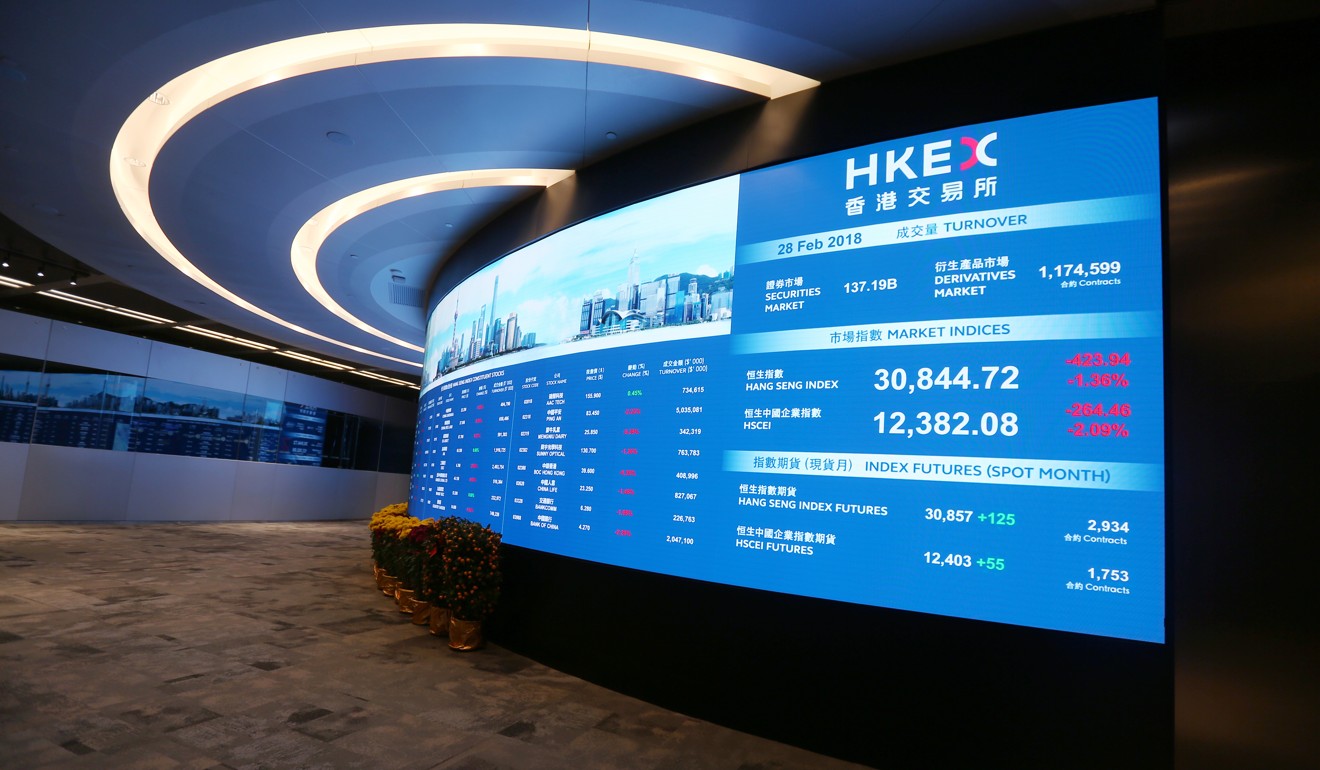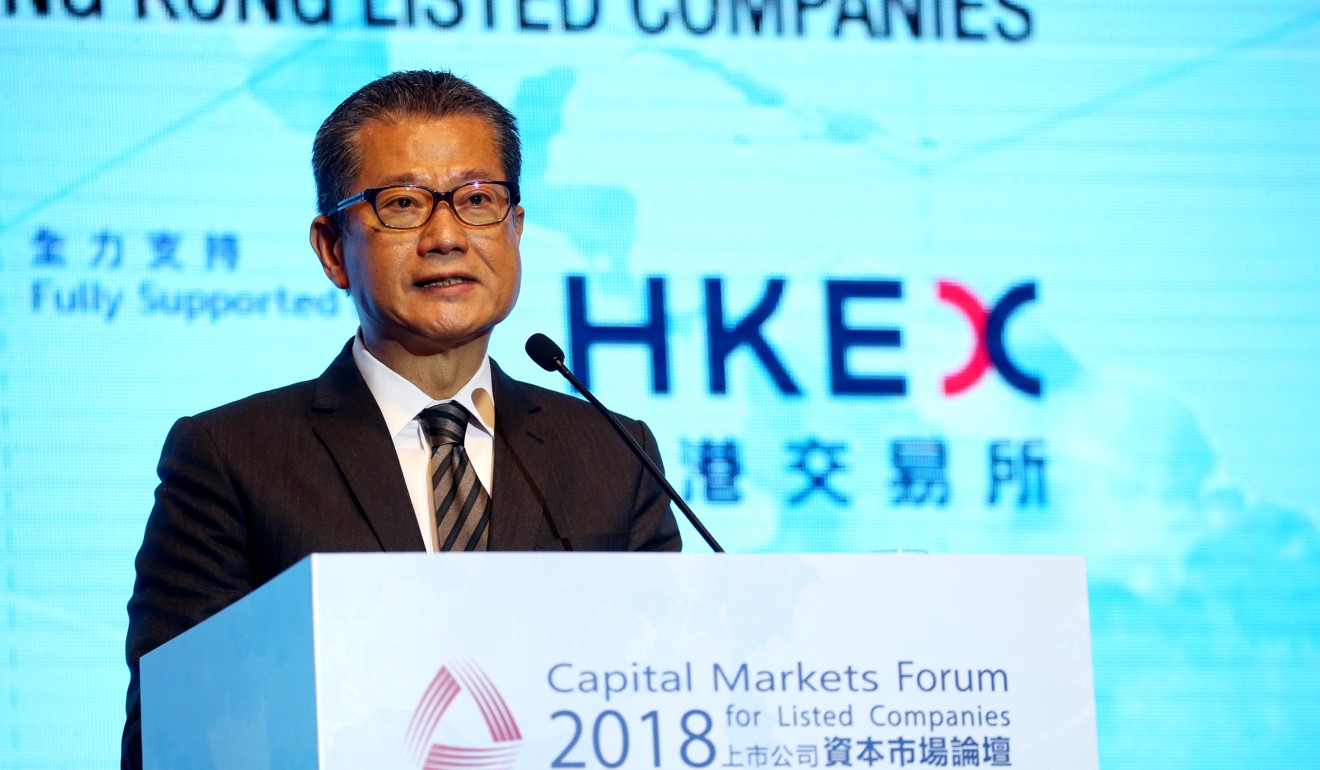
‘Father of red chips’: China depository receipts will limit secondary listings in Hong Kong by big tech firms
Francis Leung also says Hong Kong’s dual-class shares listing reform has not gone far enough
Hong Kong will find it hard to attract secondary listings by mainland technology companies such as e-commerce giant Alibaba Group Holding, which are already listed in the United States, because of competition from China, Francis Leung Pak-to, chairman of the Chamber of Hong Kong Listed Companies, said on Friday.
“Beijing’s plan to introduce China depository receipts will be a big threat to Hong Kong. When China will invite Alibaba, Baidu and other major mainland technology companies already listed in the US to issue China depository receipts in China, there is no need for them to list in Hong Kong,” Leung said during a forum of the chamber.
“This will led to more new economy companies that have not yet listed to opt for listing in the US instead of Hong Kong, as they will think they can issue China depository receipts at a later stage.”
Leung is known as the “father of red chips”. As a well-known investment banker in the 1990s, he brought many red chips – companies with a mainland parent incorporated overseas – to list in Hong Kong.

“Those listed in the US already have exposure to international investors. The reason for them to have a secondary listing in Hong Kong is to capture mainland investors who trade these stocks via the stock connects. If China were to invite these companies to issue China depository receipts on the mainland, there is no point in them having a secondary listing here,” said Leung.
“However, the China depository receipt requirements are very high, and only the very large companies will be invited by authorities to issue these in China. As such, companies that do not qualify will still like to list in Hong Kong after the listing reform,” he said.
Leung added that mainland companies too wanted to list in Hong Kong, because they wanted to capture international investors.
He said that faced with such competition, the Hong Kong stock exchange would need to be more proactive in its fight for such companies to list.
Hong Kong Exchanges and Clearing, the local bourse operator, announced its biggest reform in 25 years on Tuesday. It will from Monday allow dual-class shareholding technology companies and biotechnology companies with no revenue to apply for listings here. Dual-class shareholding companies allow founders, or key management of the companies, to hold a premium class of shares that has higher voting rights than normal shareholders, a structure favoured by many technology companies.

But Leung said the reform had not gone far enough. He said it was not right for the HKEX to require that premium class shareholders have the same voting rights as ordinary shareholders when they elect independent non-executive directors, or change articles of association.
When China will invite Alibaba, Baidu and other major mainland technology companies already listed in the US to issue China depository receipts in China, there is no need for them to list in Hong Kong
“The whole idea of allowing dual-class shareholding structure companies to list here is to allow the founders and key management to keep control over major issues even though they hold minority stakes. Waiving their special rights to appoint independent directors to the board will not reduce their influence on the board,” he said.
The HKEX introduced this requirement to meet a demand by fund managers for added protection for investors. Leung, however, said the bourse operator should achieve balance to make sure founders and management have control.
He also said the HKEX should expand the reform to allow companies, instead of just individuals, to hold these premium class shares.
Paul Chan Mo-po, the Financial Secretary of Hong Kong, who was present at the forum, said: “The government supports the listing reform allowing dual-class shareholding companies to list here, provided there are sufficient investor protection measures. The HKEX reform announced on Tuesday will help Hong Kong become a listings hub for technology companies.”

